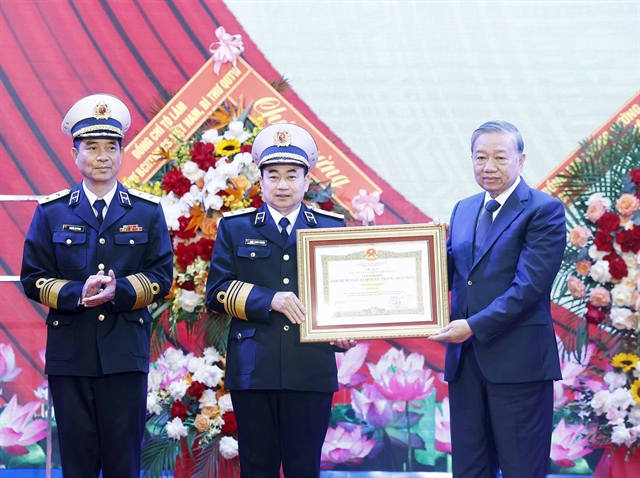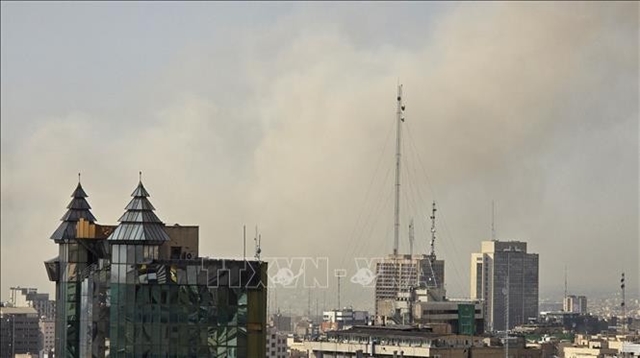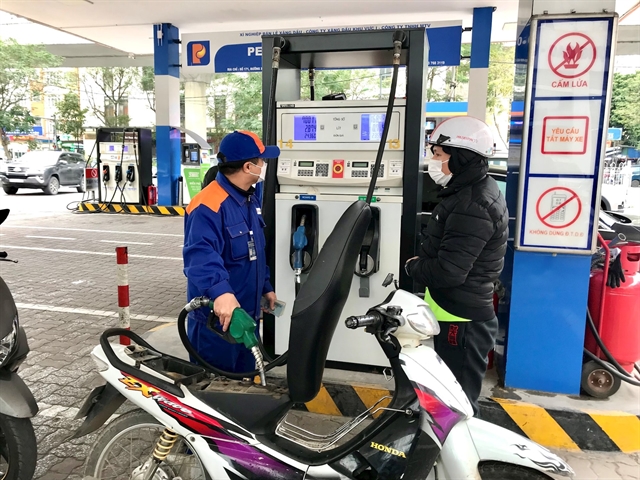 Opinion
Opinion
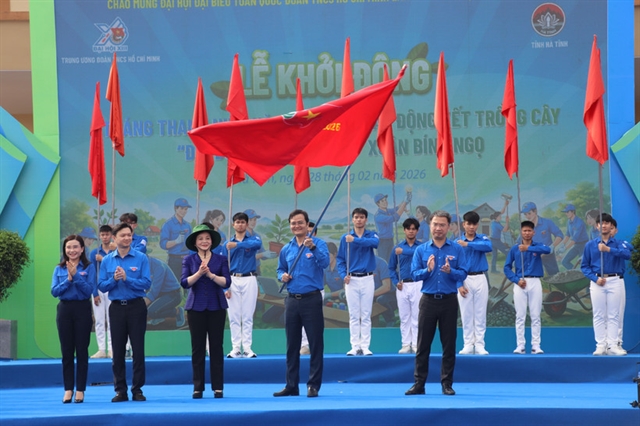
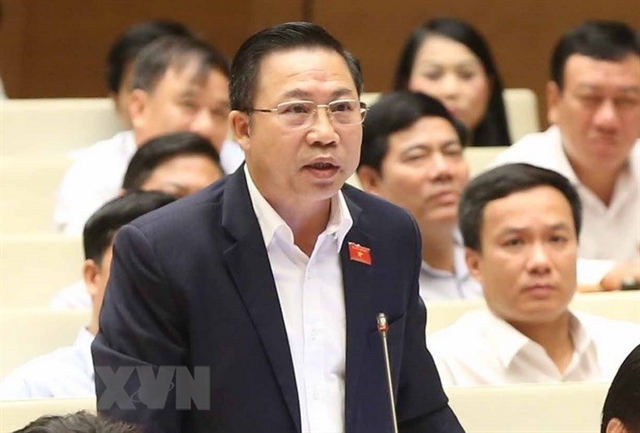 |
| Lưu Bình Nhưỡng, deputy head of the NA's Ombudsman Committee. — VNA/VNS Photo |
The promulgation of Decree 73/2023/NĐ-CP represents a significant move towards the policy of promoting and safeguarding dynamic and creative officials for the collective benefit. Lưu Bình Nhưỡng, deputy head of the NA's Ombudsman Committee, talks to Voice of Vietnam about the matter.
Two years after the Politburo's issuance of Conclusion 14, emphasising the policy of endorsing and safeguarding dynamic and creative officials for the greater good, the Government recently issued an implementing decree. What salient features can be discerned within Decree 73?
Decree 73 presents a relatively novel set of guidelines in comparison to the provisions of the current Law on Civil Servants. Contrary to the broader scope of Conclusion 14, dated September 22, 2021, by the Politburo, Decree 73's title narrows its focus. Specifically, it addresses the protection of officials who exhibit courage in their thinking and actions.
Within the Law on Cadres and Civil Servants, it is stipulated that civil servants are legally protected while carrying out their official duties. However, this regulation is generic and lacks the specific factors and attributes articulated in Conclusion 14 and Decree 73. Consequently, it leaves legal scholars such as ourselves somewhat perplexed.
Regarding the legal framework and protection mechanisms outlined in Decree 73, could you highlight what you find noteworthy?
In Decree 73 the scope of protection for officials is more specific compared to the provisions in the Law on Civil Servants and the Law on Public Employees. Decree 73 delineates the protected subjects as encompassing leading and managerial civil servants within state administrative bodies and organisations, managerial officials in public service entities, as well as individuals holding specific titles and positions, as stipulated by government regulations. Notably, if this definition were to be applied within the context of the Law on Civil Servants, it would exclude numerous other individuals who possess similar qualifications but do not receive such protection.
The question arises: Are there any additional regulations in place for National Assembly delegates and People's Council delegates, necessitating separate provisions by the National Assembly Standing Committee or resolutions from the National Assembly on protection matters?
In the interest of ensuring unified governance, it becomes imperative that all issued documents and regulations guarantee equitable benefits and responsibilities for all relevant subjects. This entails establishing uniform processes across all agencies to uphold equality among these subjects in accordance with the constitutional provisions.
There's also an argument that the current role of state management officers is akin to a "hot seat," given the intense pressure associated with development efforts. If officials do not possess the courage to think, act boldly, and support innovative ideas that have yet to be proven in practice, they may struggle to meet the demands of progress. What are the key factors and indicators identifying officials who have the courage to think and act decisively?
When it comes to assessing officials, the establishment of standards is essential. Nevertheless, in most cases, people can naturally discern which officials exhibit the courage to speak out, think boldly, act decisively, and shoulder responsibility. These attributes become manifest in their work; when individuals are entrusted with tasks and excel in their execution, when they fearlessly propose ideas, voice their opinions, defend what is just, and critique what is amiss in meetings or during the course of their duties.
In reality, there are indeed such dedicated cadre members. It is precisely because of the existence of such capable cadre members, who at times remain unsupported and even face repression, that the Politburo issued Conclusion 14. This directive underscores the imperative of fostering and safeguarding talented cadre members who are active, creative, and devoted to the common good. It seeks to identify officers who are willing to make sacrifices for the greater good.
In the past, we lacked a concrete protection mechanism for officials of this calibre, which made imperative the need for specific regulations like Decree 73.
Decree 73 underscores the consensus that protecting and empowering officials who embody dynamism, creativity, and the courage to think, act, and shoulder responsibility for the common good is a shared expectation. Some suggest that this mechanism should be enshrined in legislation. During the 5th session of the 15th National Assembly, delegates proposed the development of a law to safeguard enterprising individuals, especially in cases where issues arise that are not covered by existing laws. What are your thoughts on this proposal?
These matters are of utmost significance. We are aware that within certain agencies, there are officials who exhibit a strong sense of responsibility and work diligently, yet they may not enjoy full protection. This can be contingent on the leadership's role or the cohesion within the group, including their ability to uphold what is right, confront wrongdoing, and safeguard their fellow officials without resorting to cover-ups. While this phenomenon is indeed real, it is evident that establishing a legal framework is necessary.
I don't believe that Conclusion 14 of the Politburo, along with Decree 73, will serve as a panacea for this issue. However, according to numerous constituents, it brings a sense of reassurance, generates a degree of enthusiasm, and acts as a motivator for individuals possessing the capacity and qualities of genuine officials unafraid to confront challenges, willing to make sacrifices for the common good, and advocate for the collective benefit. Such individuals are also ready to combat individualism, which is eroding ethical standards in current public service.
Decree 73 directly addresses the issue of promoting and safeguarding officials who dare to explore innovative solutions for practical challenges and to tackle bottlenecks, whether they are related to processes or mechanisms that lack legal documentation but yield practical value, effectiveness, and substantial change. However, many concerns have been raised about whether this straightforward approach can adequately account for the extra-legal dimension, such as incentivising actions not explicitly covered by legal provisions. What do you think?
I share these concerns, as per the provisions of Vietnamese law, particularly the Law on Civil Servants and the Law on Public Employees. State civil servants are only permitted to engage in activities explicitly authorised by the law. In contrast, individuals and businesses can undertake actions not expressly prohibited by law. These two paradigms are fundamentally different. Hence, many individuals are apprehensive, primarily regarding the aspect I just mentioned. Additionally, I question whether these regulations will effectively address the recent issues. When implemented correctly, it can be highly rewarding, but if exploited, it can be concerning. Organisations and collectives may protect officials who venture into uncharted territory within their respective localities and agencies.
Assessing whether something yields practical benefits or engenders significant change is often challenging, especially since these effects may not materialise immediately and could have a delayed impact. Sometimes, the outcomes might not be discernible within a short timeframe, while the political careers of the officials involved may have already concluded. What are your thoughts?
I believe this concern is well-founded. Returning to what I mentioned earlier, if a leader is genuinely responsible and possesses foresight, then during the implementation of innovative proposals, the results may not have fully materialised, or the journey may be ongoing. In such instances, halting progress, criticising individuals, or pushing people away for certain reasons, in my view, would be detrimental. Visionary leaders should maintain a composed stance, allowing officials to continue their work and request periodic reports, ultimately leading to the attainment of positive outcomes. VNS


